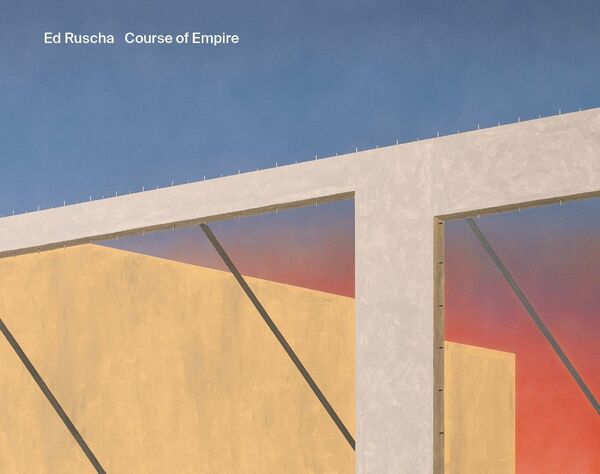Contact
art book cologne GmbH & Co. KG
Deutzer Freiheit 107
50679 Köln
Germany
Opening hours (office and showroom):
Monday to Friday 8 – 17
info@artbookcologne.de
Phone: +49 221 800 80 80
Fax: +49 221 800 80 82
About us
art book cologne, founded by Bernd Detsch in 1997, is a wholesale company and specializes in buying and selling high quality publications in art, art theory, architecture, design, photography, illustrated cultural history and all related subjects internationally. Our team includes specialists in art, culture, music, book trade and media but in spite of our diversity we have one common ground: the enthusiasm for unique art books.
We purchase remaining stocks from museums, publishers and art institutions. We sell these remainders to bookstores, museum shops, and art dealers all over the world.
Ed Ruscha – The Course of Empire
| Editor | Christopher Riopelle |
| Publisher | National Gallery |
| Year | 2018 |
| Cover | Hardcover |
| Language | English |
| ISBN | 978-1-85709-632-3 |
| Pages | 48 |
| Weight | 562 g |
| More | |
| Contributors | Tom McCarthy, Daniel Herrmann |
| Type of book | Exhib'publication |
| Museum / Place | National Gallery, Londen |
| Article ID | art-45102 |
Over the span of his six-decade career, Ed Ruscha (b. 1937) has created a distinctively stylized vision of the modern American landscape of gas stations, highways, and industrial buildings. Incorporating text, stark typography, and commercial logos, the artist’s multivalent images both portray and interrogate the contemporary world’s relentlessly packaged environment.
By placing Ruscha’s celebrated Course of Empire—a ten-painting installation originally created for the 2005 Venice Biennale—in dialogue with Thomas Cole’s five-picture cycle The Course of Empire from the 1830s, this catalogue offers a fresh perspective on each of these disparate masterpieces. Unlike Cole’s grandiose vision of the rise and fall of classical civilization, Ruscha’s work comprises five black-and-white Los Angeles landscapes made in 1992 paired with color representations of the same sites as they appeared ten years later and draws attention to how often-overlooked changes in the evolving urban landscape are redolent of economic might and globalization or decline and stagnation.

